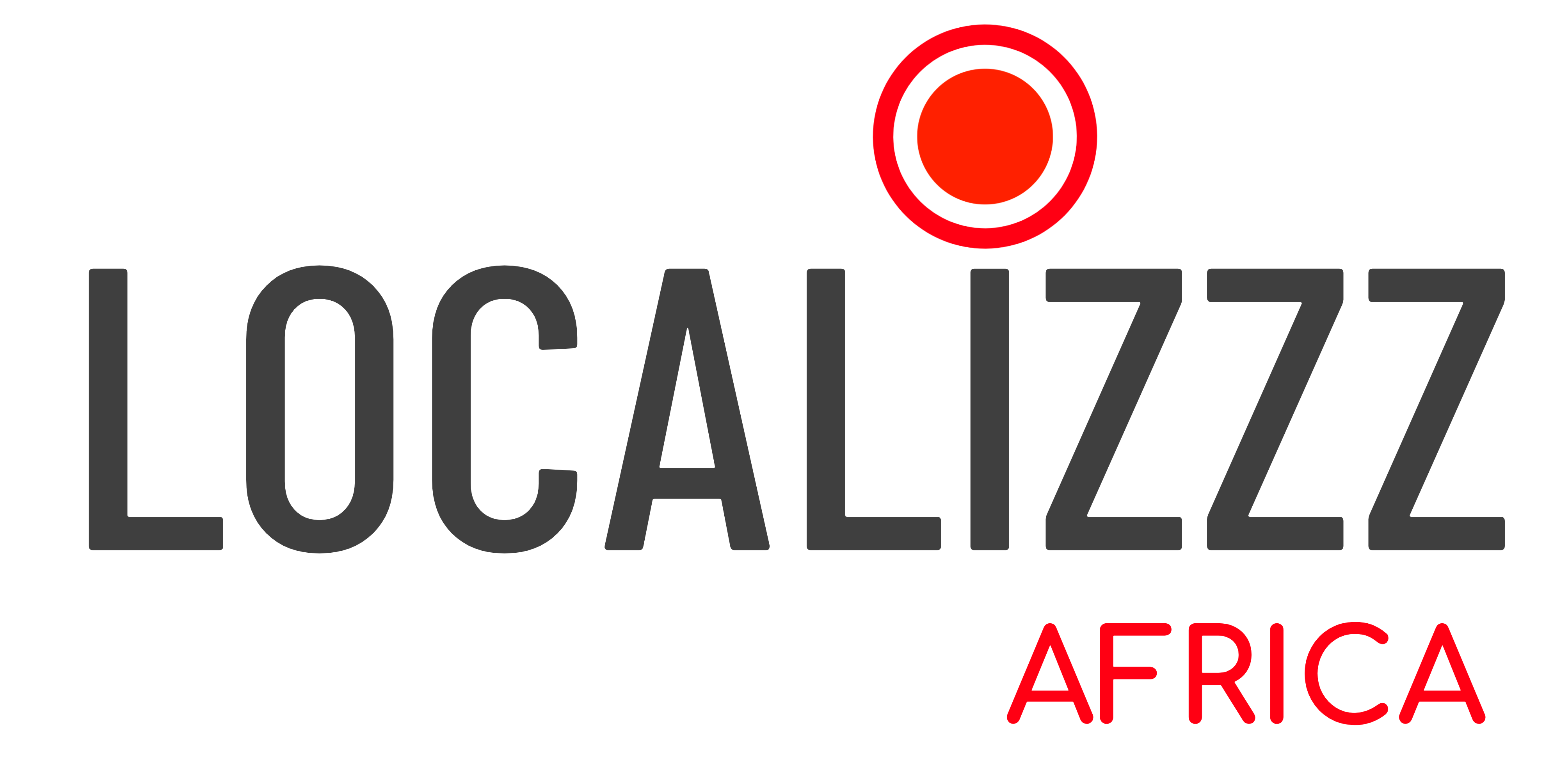
African Languages



African Languages
We work from and into major African languages, as well as all Cameroonian languages.
We offer services in widely spoken African languages like Swahili, Hausa, Fulani, Yoruba, Igbo, Lingala, Wolof, among others.
Our expertise extends to Cameroonian languages such as Ghɔmálá’, Fulfulde, Ewondo, Duala, Bassa, Bulu, Fe’fe’, Kom, Medumba, Yemba, Bamum, Pinyin, Ngiemboon, Meta’, Nso’, Toupouri, and many more.
Pidgins, Slangs and Creole
These are languages formed through the blending of African languages with European or other languages, often as a result of colonial encounters.
Pidgin languages serve as lingua francas, transcending ethnic language barriers.
Examples include Cameroon Pidgin, Nigerian Pidgin and Ghanaian Pidgin.
Slangs evolve within specific communities, mirroring contemporary societal trends. Examples include Cameroon’s CamFrAnglais and Ivory-Coast’s Nouchi.
These languages are typically found in urban or coastal areas and are crucial for understanding contemporary cultural and social interactions in Africa.




Indo-European Languages
Indo-European languages in Africa are mostly linguistic legacies of European colonization that persist in many countries.
French is spoken in Francophone West African countries like Senegal, Ivory Coast, Mali and part of Cameroon.
English dominates Anglophone regions, such as Nigeria, Ghana, Kenya and part of Cameroon.
Spanish is spoken in Equatorial Guinea. These languages coexist with African languages, reflecting the complex and multifaceted linguistic heritage of Africa.
Afroasiatic Languages
Arabic significantly influences cultural and religious practices in regions where it is spoken.

